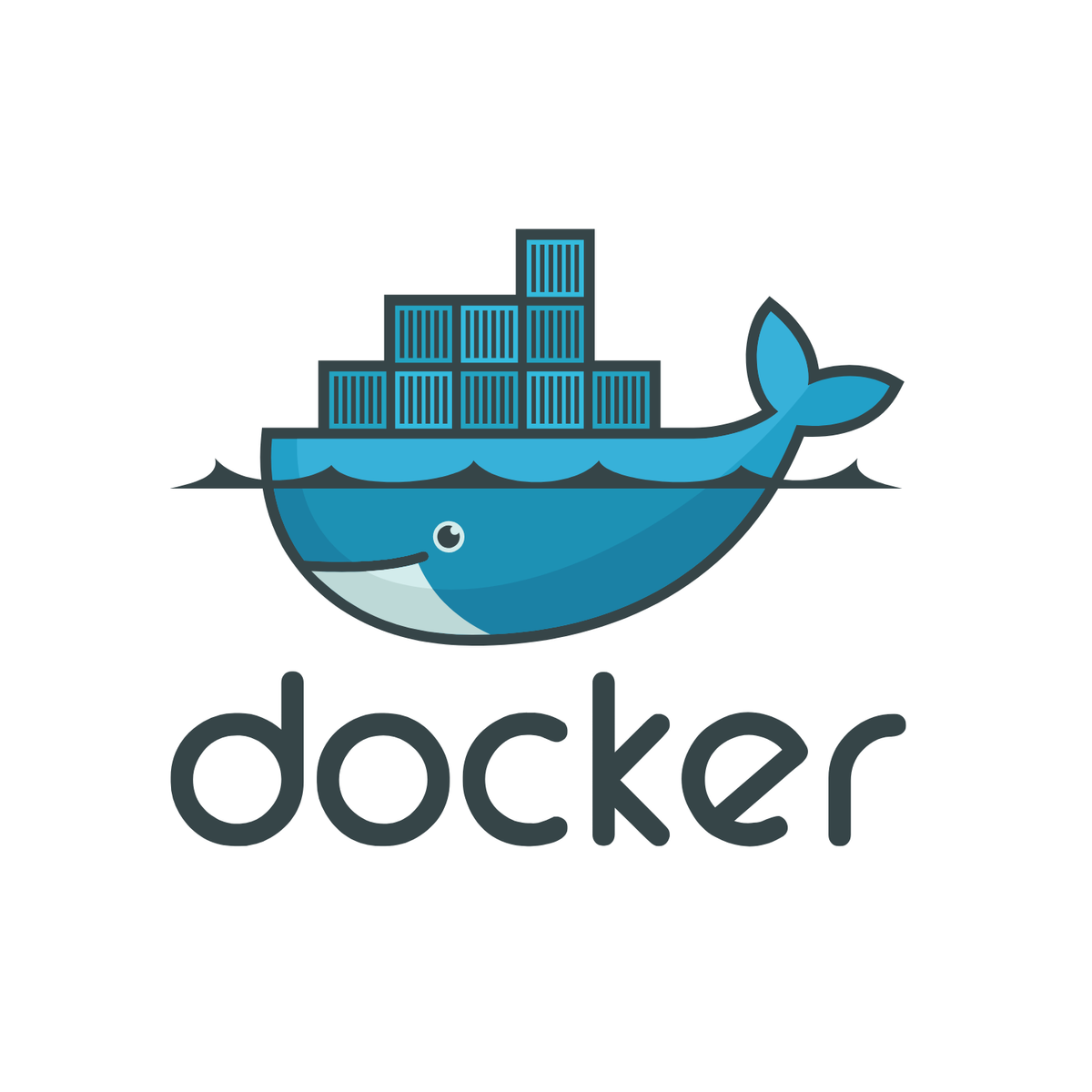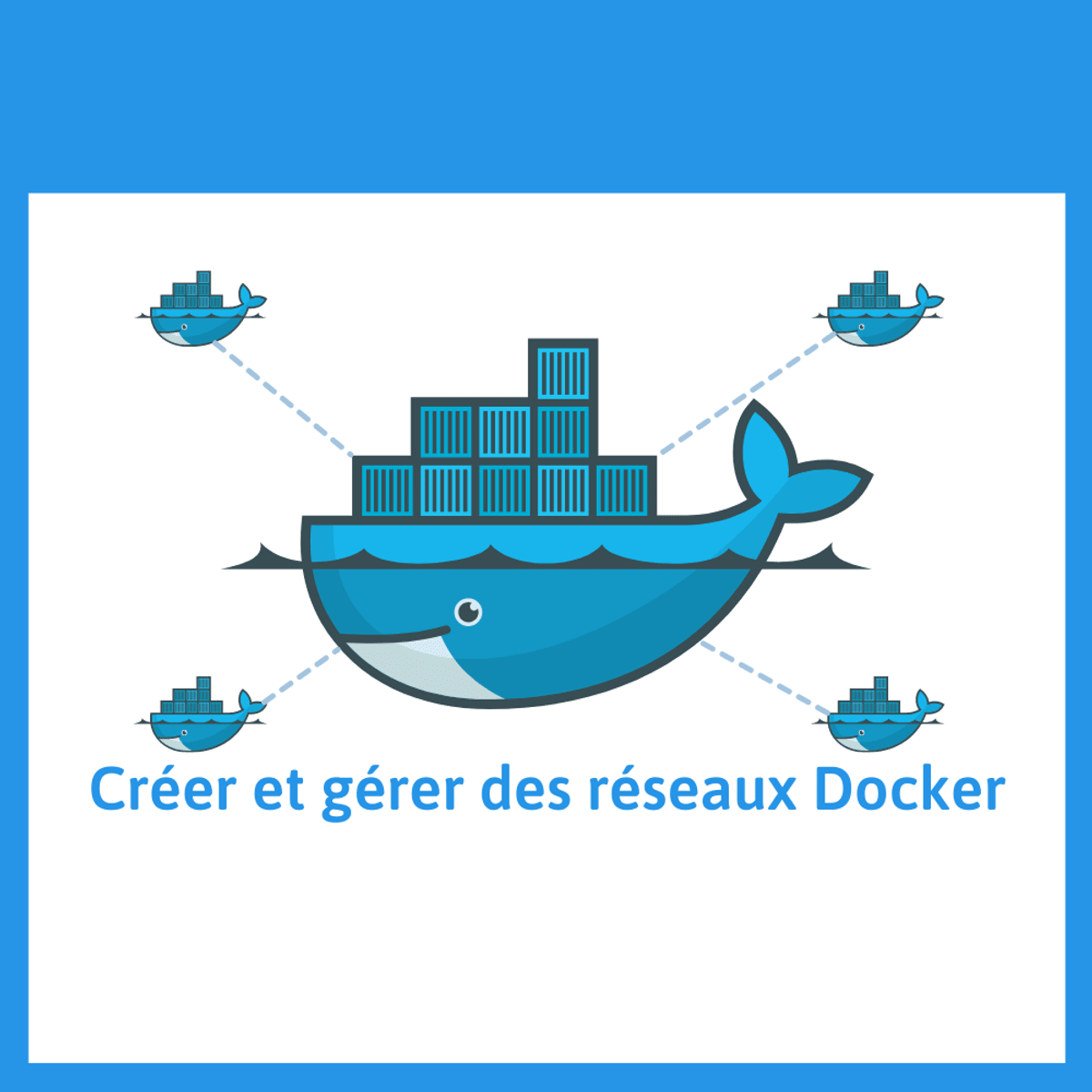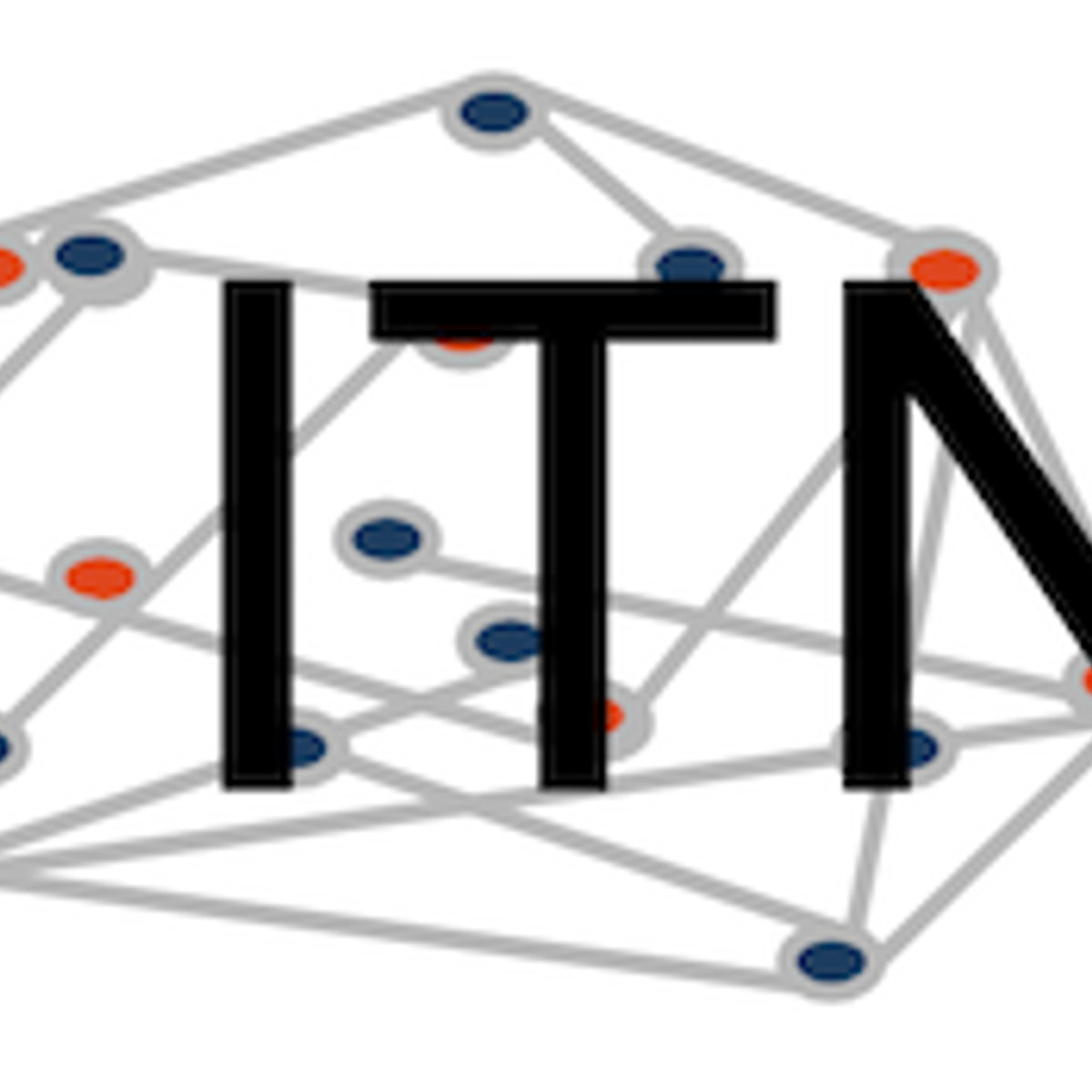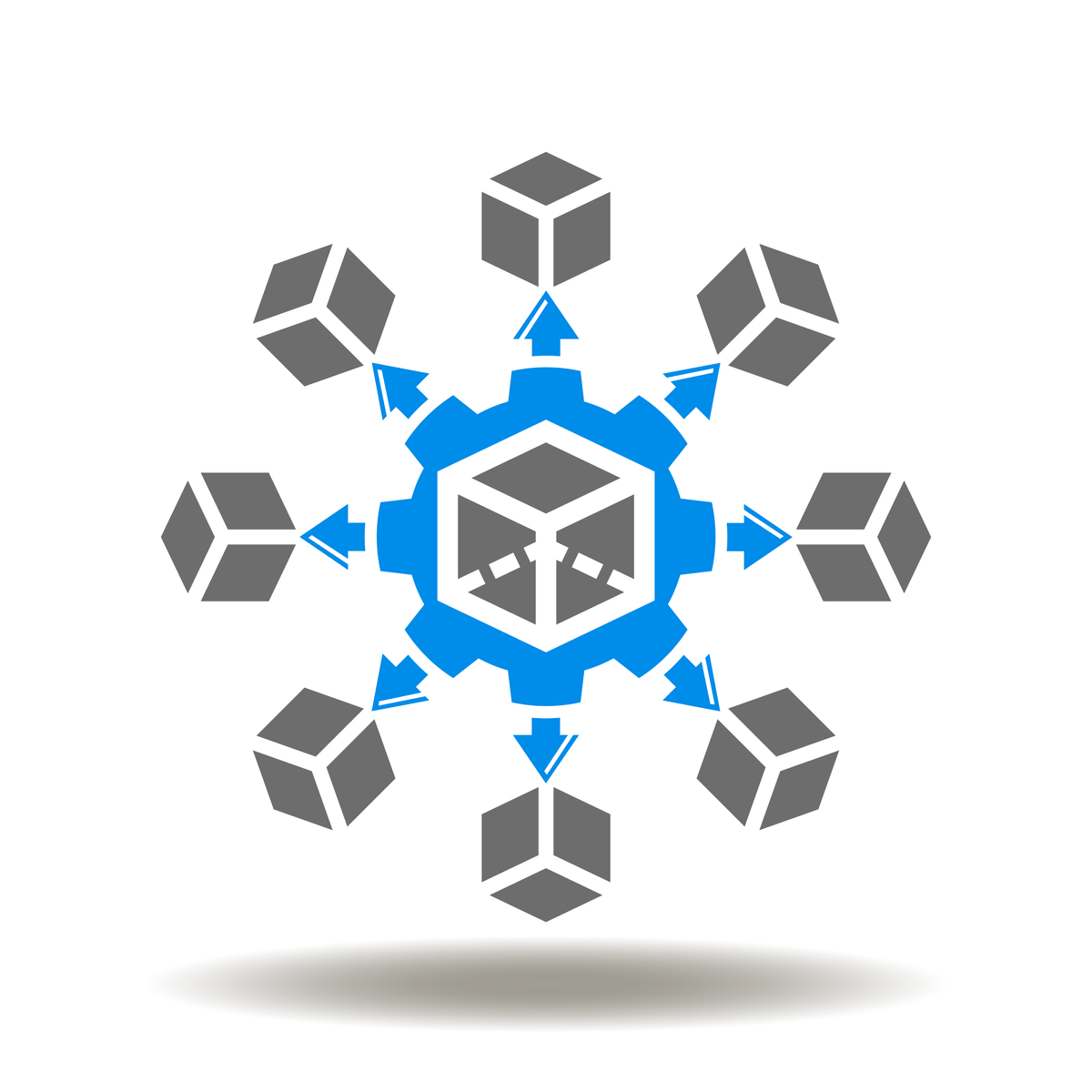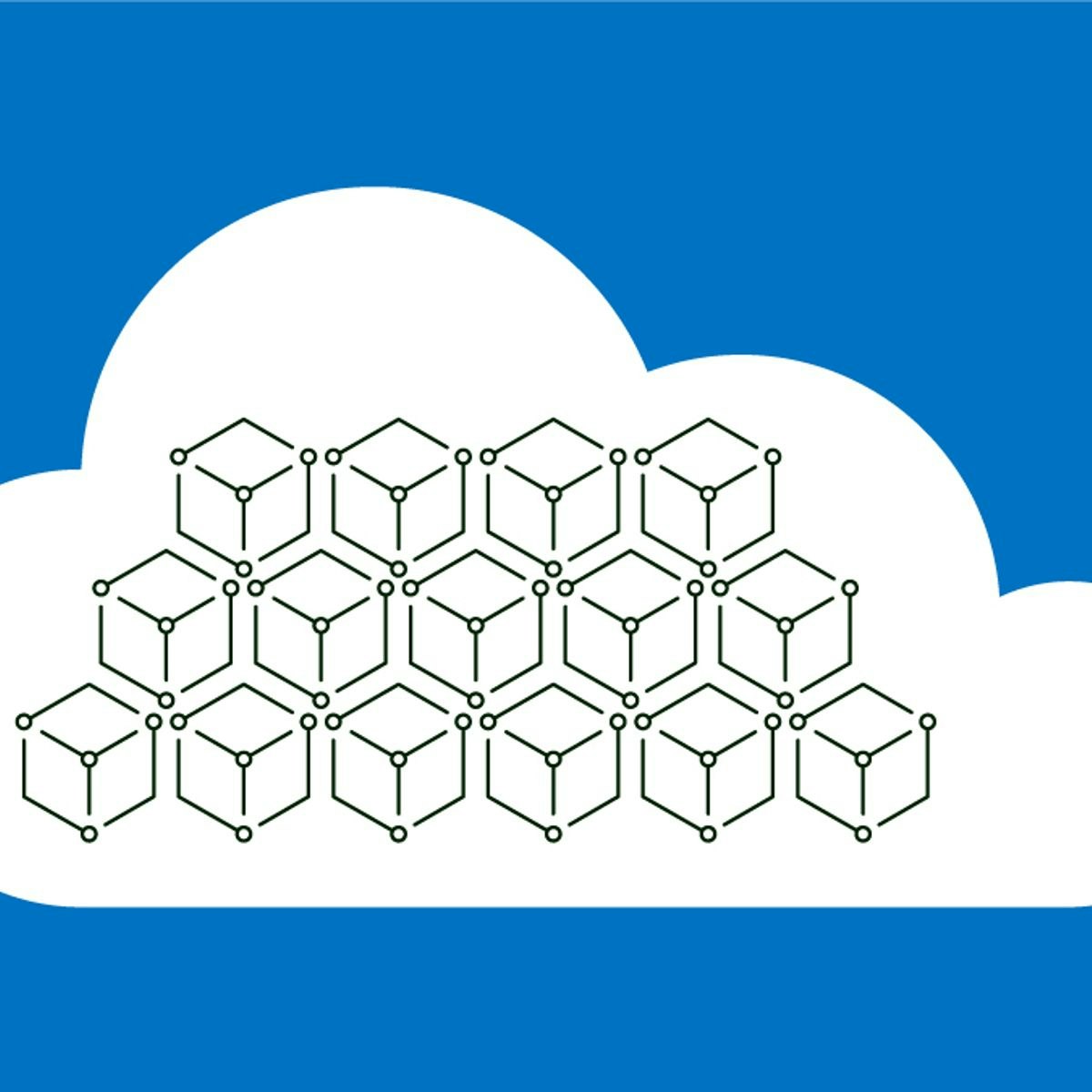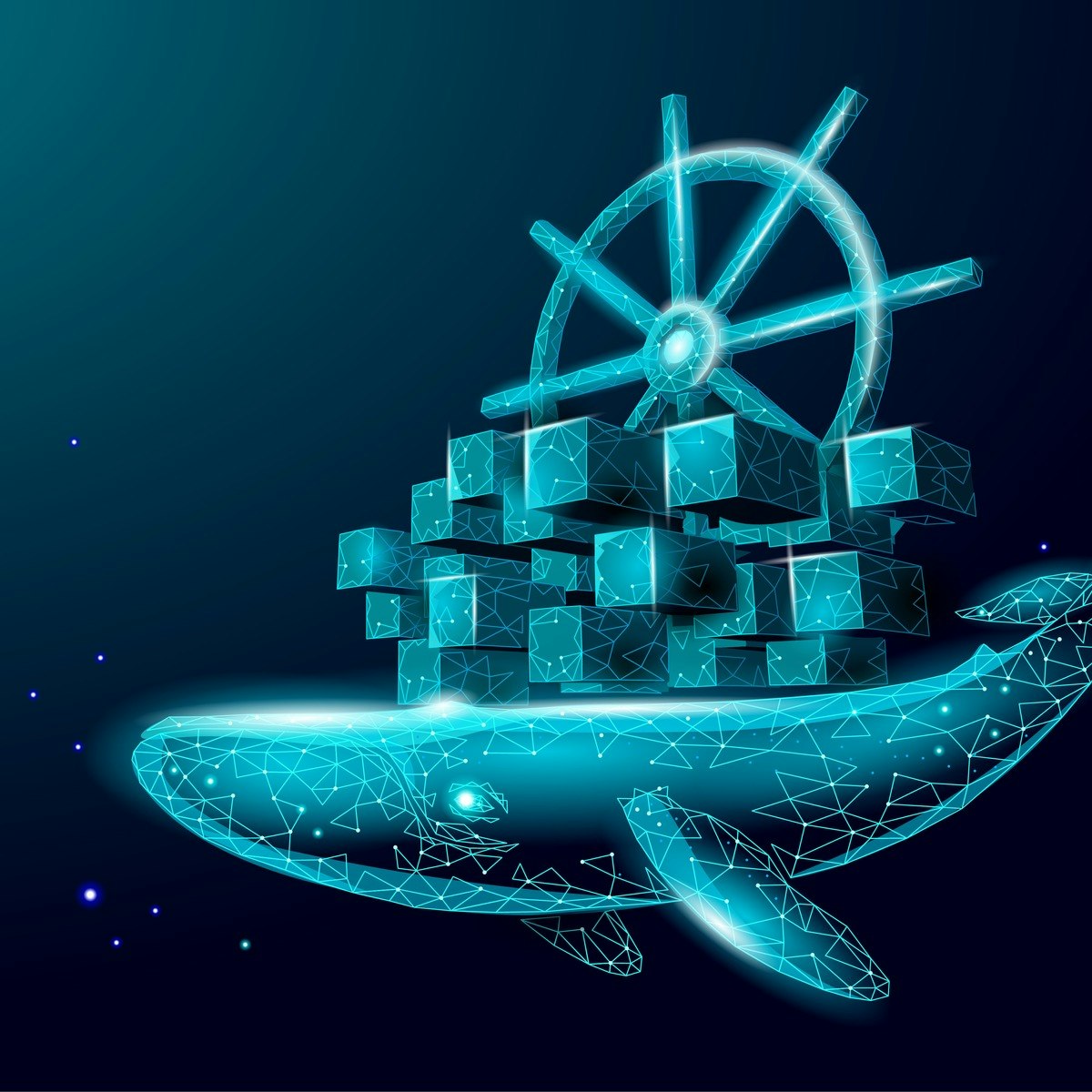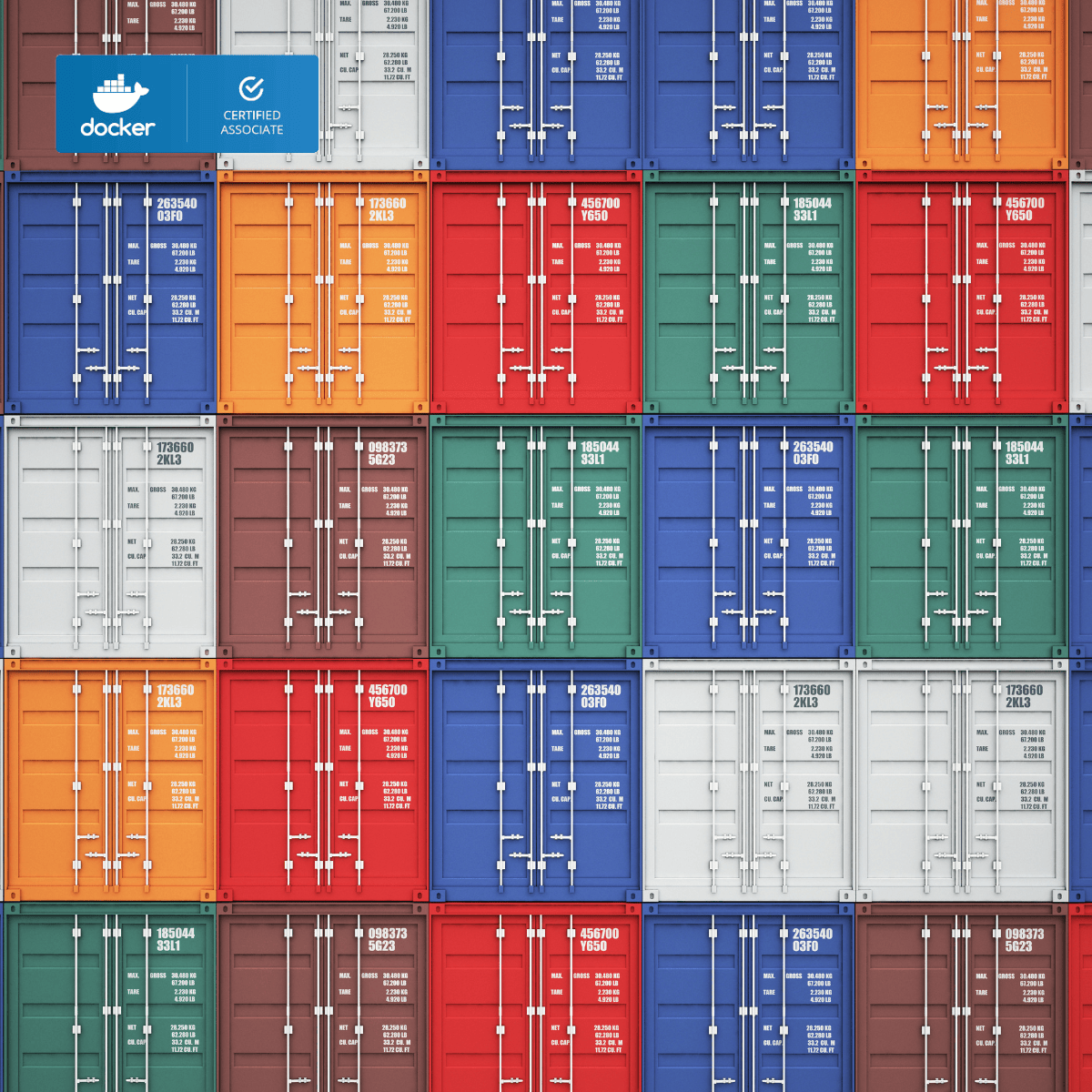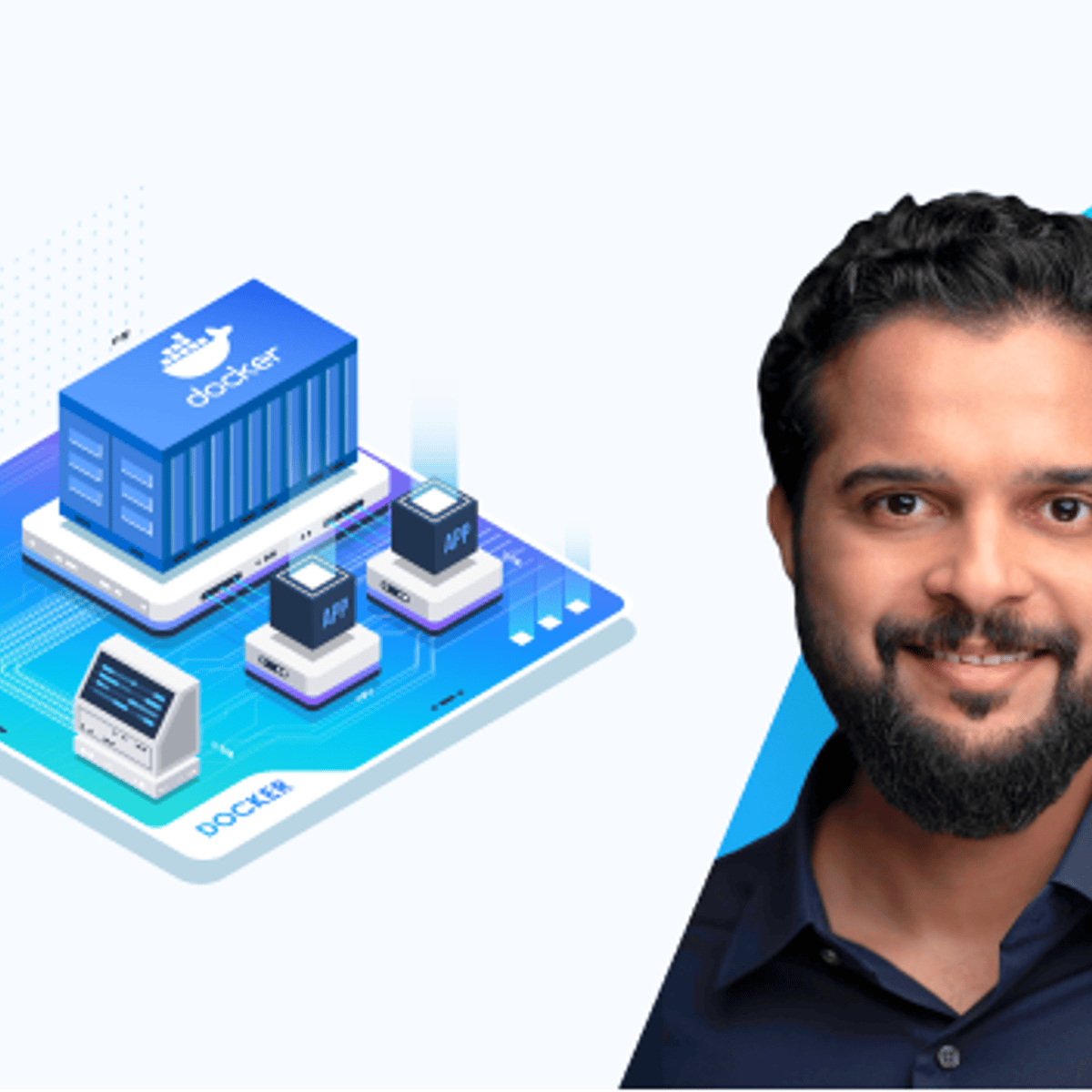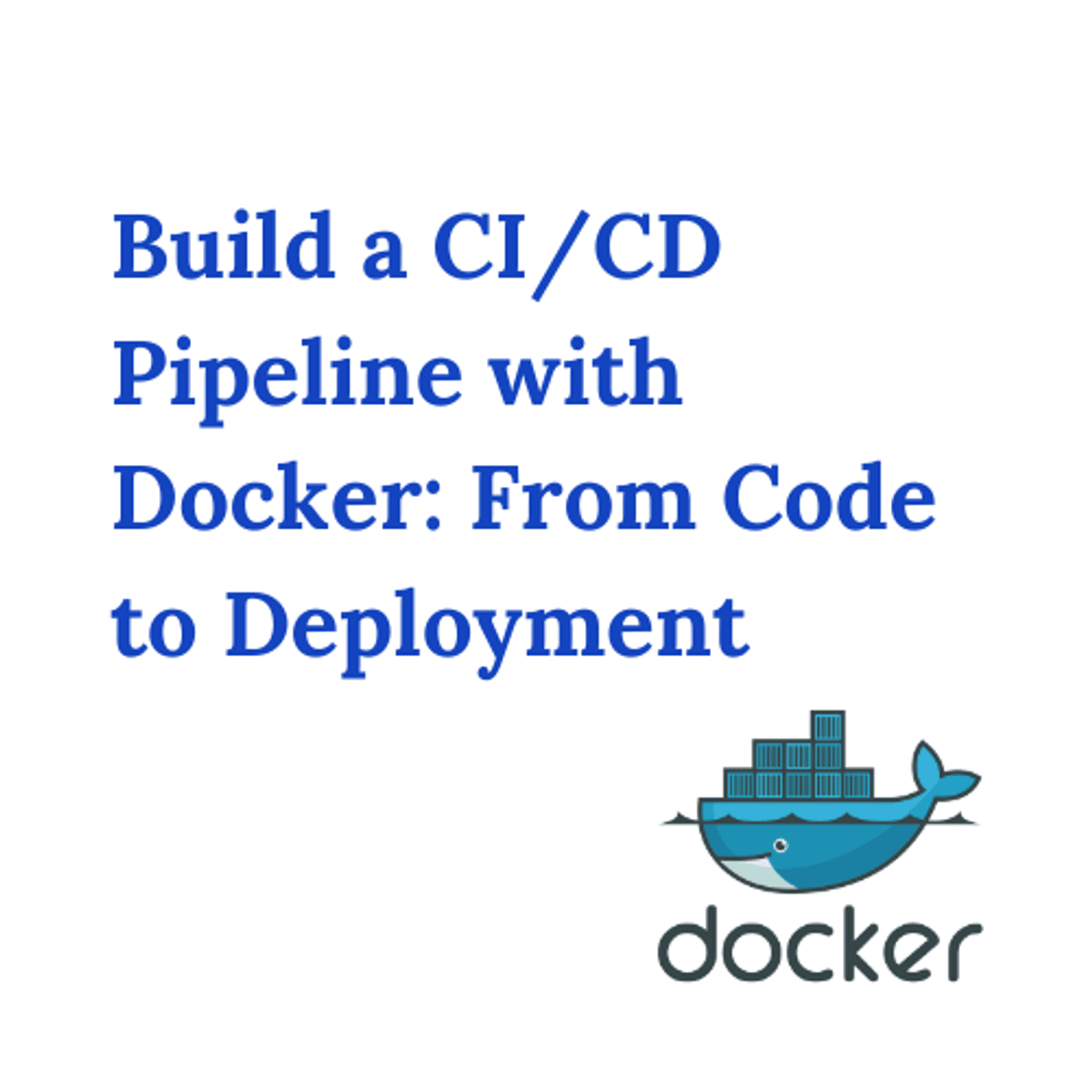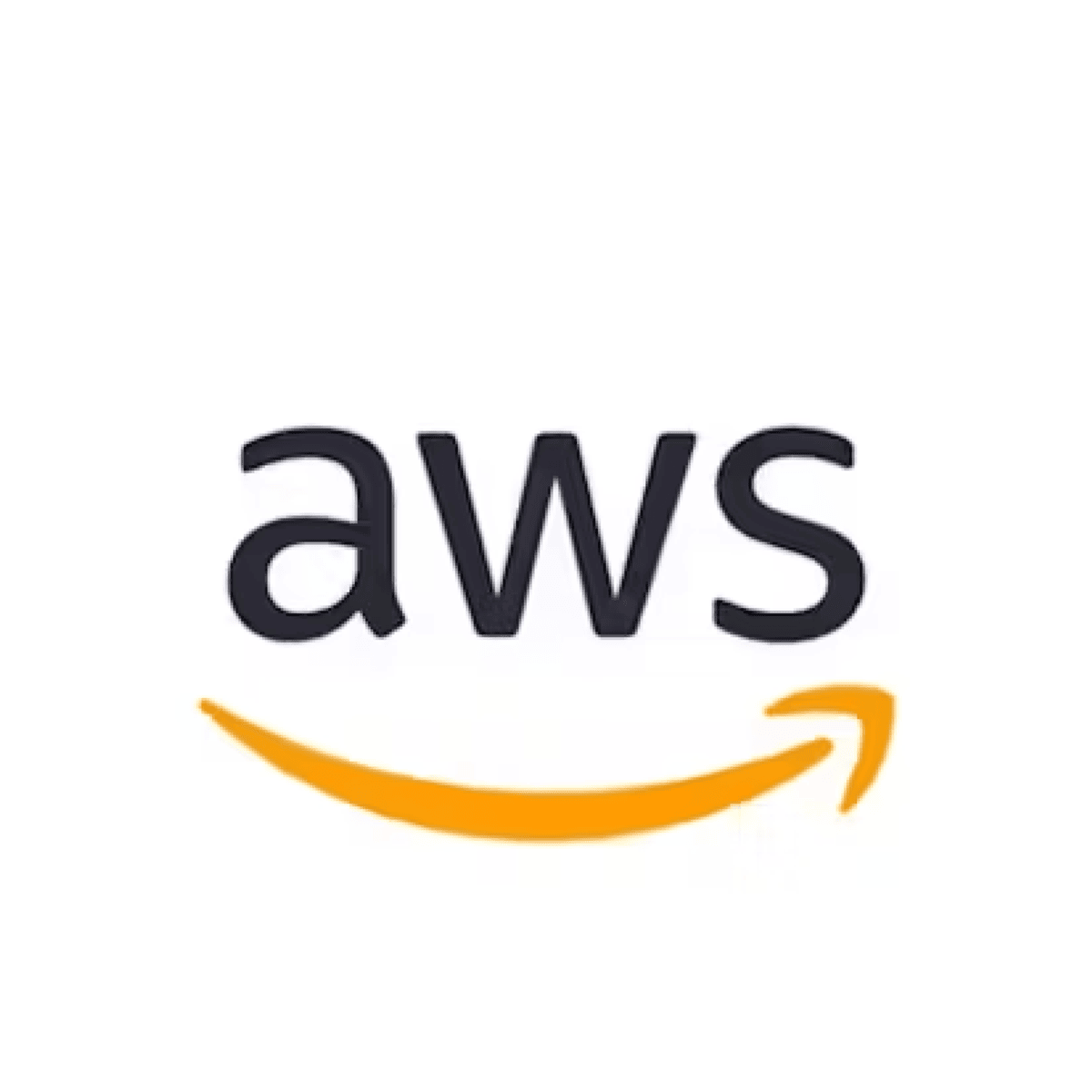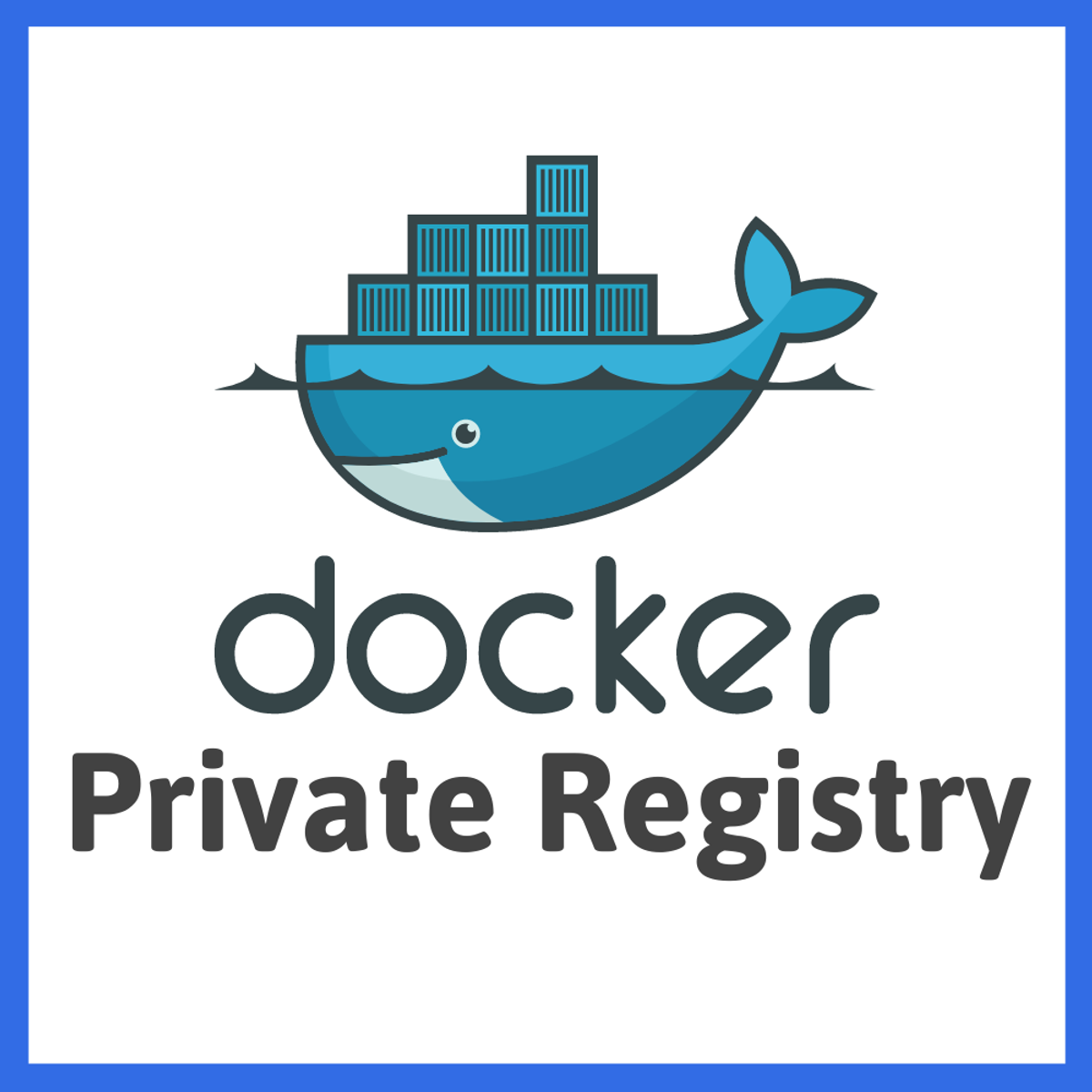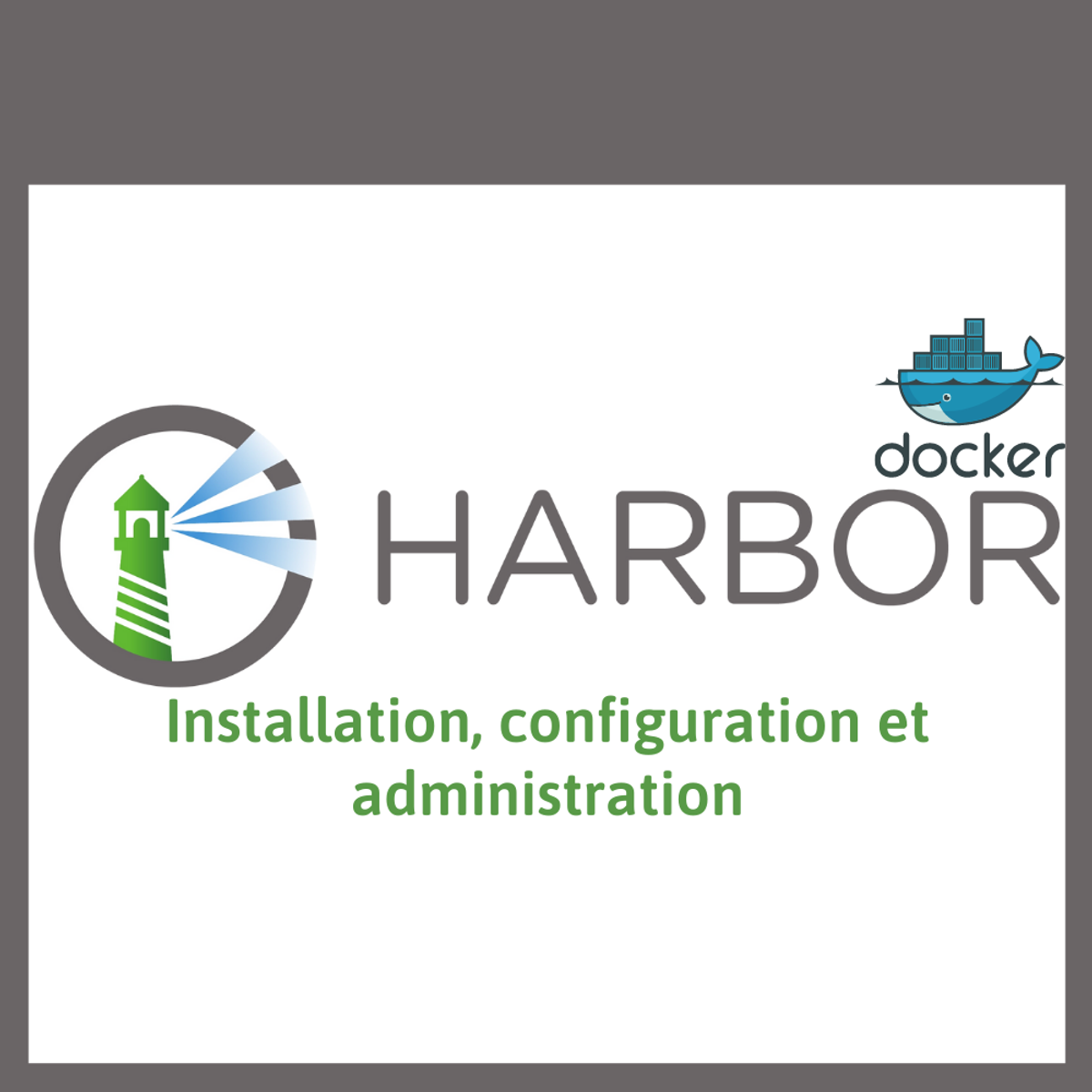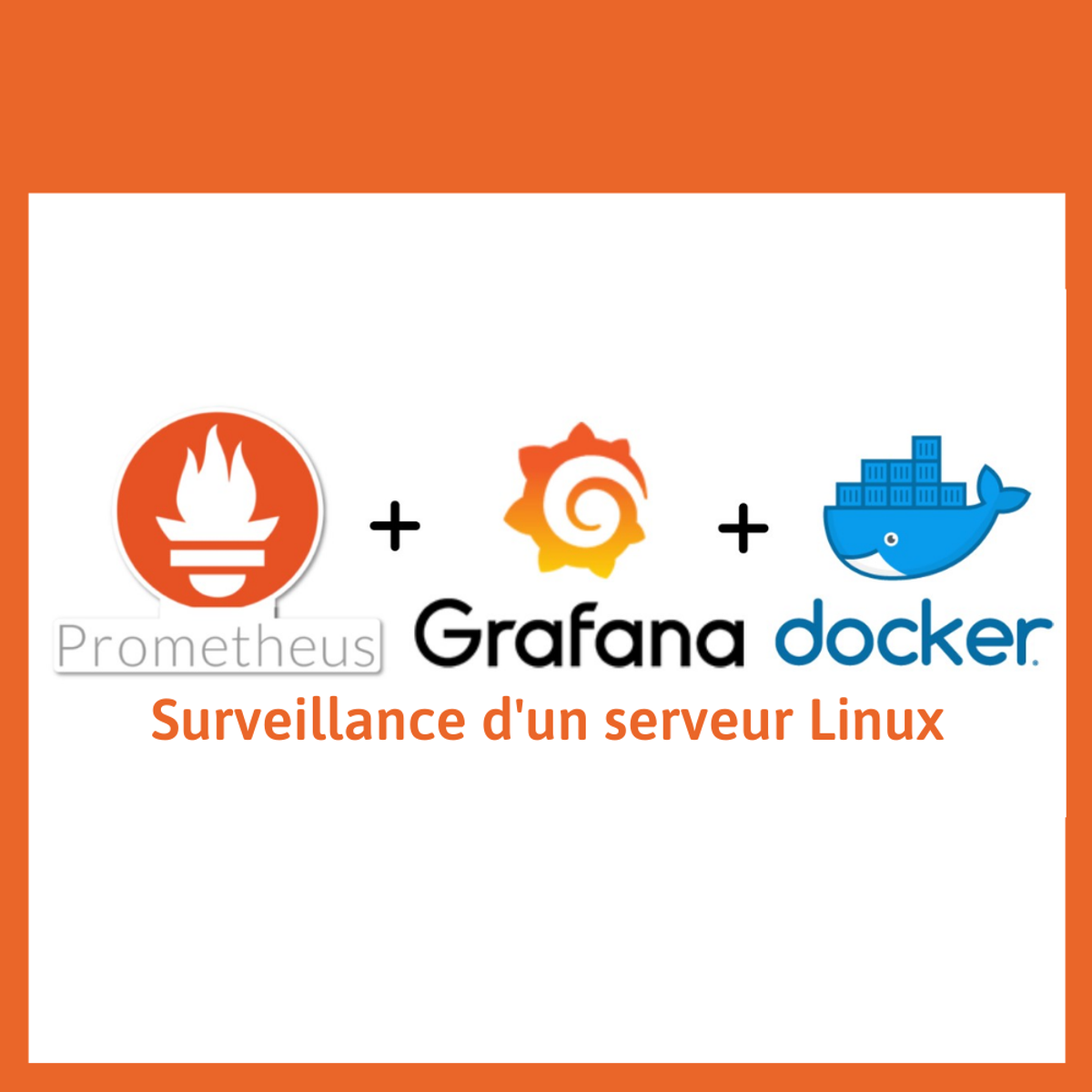Docker
Introduction to Docker
Docker is a platform designed to make it easier to create, deploy, and run applications by using containers. Containers allow developers to package up an application with all of its necessary components, such as libraries and other dependencies, and ship it all out as one package. This technology enables applications to run consistently across different computing environments, from a developer's laptop to a production server in the cloud.
Working with Docker often involves interacting with a command-line interface, building configuration files, and understanding how software behaves within isolated environments. For those interested in modern software development and operations (DevOps), mastering Docker can be a rewarding experience. It opens doors to understanding how large-scale applications are built, deployed, and managed efficiently, offering a glimpse into the backbone of many internet services used daily.
Introduction to Docker
What is Docker?
At its core, Docker provides a way to run software in isolated environments called containers. Think of a container like a standardized shipping container for software. Just as a physical shipping container can hold almost anything and be transported globally using standard equipment (ships, trains, cranes), a Docker container packages an application and its dependencies together so it can run reliably on any infrastructure that supports Docker.
This packaging method solves the common problem of "it works on my machine." By bundling everything the application needs – code, runtime, system tools, system libraries – inside the container, Docker ensures that the application performs the same way regardless of where the container is running. This consistency simplifies development, testing, and deployment processes significantly.
The main purpose of Docker is to streamline the software development lifecycle. It allows developers to focus on writing code without worrying about the underlying system configuration. For operations teams, it provides standardization and efficiency in deploying and scaling applications. This combination makes it a fundamental tool in modern software development and DevOps practices.
A Brief History of Containerization
While Docker popularized containerization starting around 2013, the concept of isolating processes and managing resources has deeper roots in computing history. Early forms of process isolation existed in Unix-like operating systems for decades, such as chroot (change root directory), introduced in 1979, which provided a basic form of filesystem isolation.
Over time, technologies like FreeBSD Jails (2000), Linux VServer (2001), and Solaris Containers (later Zones, 2004) offered more sophisticated ways to create isolated environments on a single operating system kernel. Google developed its own internal container technology (process containers, later cgroups) around 2006, which became a key part of the Linux kernel and laid crucial groundwork for future container platforms.
Docker built upon these existing Linux kernel features (specifically cgroups and namespaces) but added a user-friendly interface, a standardized image format (Docker Image), and a powerful ecosystem including Docker Hub for sharing images. This combination dramatically lowered the barrier to entry, making container technology accessible and practical for a much wider audience, leading to its rapid adoption.
Docker vs. Traditional Virtualization (ELI5)
Imagine you want to run different types of games (applications) on your computer, but each game needs a very specific setup (operating system, libraries). With traditional virtualization, using tools like VirtualBox or VMware, it's like getting separate game consoles for each game. Each console (Virtual Machine or VM) has its own complete operating system, hardware emulation, and the game itself. This works, but it's heavy – each console needs its own power supply, TV connection, etc. (lots of disk space, RAM, CPU).
Now, imagine Docker containers. It's more like having one super-advanced game console (your host operating system with Docker Engine) that can instantly create special play areas (containers) for each game. Each play area uses the main console's power and TV connection (the host OS kernel) but has its own private set of toys and rules (application code, dependencies). The games run in their own space without interfering with each other, but they share the underlying console resources.
This makes containers much lighter and faster than VMs. They don't need a full operating system inside; they share the host OS kernel. This means you can start containers almost instantly and run many more containers on the same hardware compared to VMs. VMs provide full hardware isolation, while containers provide process-level isolation.
Core Docker Terminology
To understand Docker, it helps to know some basic terms:
- Image: An image is a read-only template containing instructions for creating a container. It includes the application code, libraries, tools, dependencies, and runtime. Images are often built based on other images, forming layers. Think of it as the blueprint or recipe for your container.
- Container: A container is a runnable instance of an image. You can create, start, stop, move, or delete containers using the Docker API or CLI. It's the live, running application packaged with its environment. You can run multiple containers from the same image.
-
Docker Engine: This is the underlying client-server application that builds and runs containers. It includes a server process (daemon), a REST API that specifies interfaces for interacting with the daemon, and a command-line interface (CLI) client (the
dockercommand). - Dockerfile: A Dockerfile is a text document that contains commands used to assemble an image. Docker reads these instructions to build the image automatically. It's the script that defines the blueprint.
- Docker Hub: Docker Hub is a cloud-based registry service provided by Docker for finding and sharing container images. It's like GitHub, but for Docker images. You can pull pre-built images (like operating systems or databases) or push your own custom images.
- Registry: A registry is a storage and distribution system for Docker images. Docker Hub is the default public registry, but you can also host private registries.
Understanding these terms provides a foundation for working with Docker and exploring its capabilities.
Core Docker Concepts and Architecture
Docker Engine Explained
The Docker Engine acts as the heart of Docker. It's a client-server application with three main components working together. First, there's the server, which is a type of long-running program called a daemon process (dockerd). This daemon does the heavy lifting: creating and managing Docker objects like images, containers, networks, and volumes.
Second, a REST API defines how applications can talk to the daemon and instruct it what to do. Various tools can use this API to interact with Docker. Third, there's the command-line interface (CLI) client (docker). This is the primary way most users interact with Docker. The CLI uses the Docker REST API to send commands to the daemon, which then carries them out. For example, when you type docker run hello-world, the CLI sends this command to the dockerd daemon, which pulls the hello-world image (if needed) and runs it as a container.
This client-server architecture allows for flexibility. You can run the Docker client on your local machine to control a Docker daemon running on the same machine, or you can connect your local client to a Docker daemon running on a remote server. This separation is key to managing Docker environments effectively.
These courses offer a solid introduction to Docker fundamentals and the engine's architecture.
Container Lifecycle
Docker containers go through a lifecycle, much like any process or application. Understanding this lifecycle is crucial for managing containers effectively. It typically starts with creating a container from an image using the docker create command. This prepares the container's writable layer but doesn't start it.
The most common way to start a container is using docker run, which combines the create and start steps. Once started, the container enters the 'running' state. While running, you can interact with it, execute commands inside it (docker exec), view its logs (docker logs), or pause its processes (docker pause). Pausing suspends all processes within the container, which can later be resumed (docker unpause).
When a container's main process finishes, or if you manually stop it (docker stop), it enters the 'exited' state. An exited container still exists on the system and retains its configuration and filesystem changes, but it's not running. You can restart an exited container (docker start). Finally, if you no longer need a container, you can permanently remove it (docker rm), which deletes its writable layer and associated metadata. Removing containers helps free up system resources.
Images, Layers, and Union File Systems
Docker images are built in layers. Each instruction in a Dockerfile (like RUN, COPY, ADD) typically creates a new layer in the image. These layers are stacked on top of each other. Importantly, each layer is read-only and contains only the differences from the layer below it. This layered approach makes images efficient.
When you build an image, Docker reuses layers from previous builds if the instructions haven't changed, speeding up the build process. When you pull an image, you only download the layers you don't already have locally. When you run a container from an image, Docker adds a thin writable layer (the container layer) on top of the read-only image layers. All changes made inside the running container, like writing new files, modifying existing files, or deleting files, are stored in this writable layer.
This stacking of layers is managed by a union file system (like Aufs, OverlayFS, or Btrfs). A union file system allows files and directories from separate filesystems (the layers) to be overlaid, forming a single coherent filesystem. When you access a file in a container, the union file system presents the version from the topmost layer where that file exists. This mechanism allows multiple containers based on the same image to share the underlying read-only layers, saving disk space, while keeping their own changes isolated in their respective writable layers.
For a deeper understanding of image construction and management, these resources can be helpful.
Networking and Storage in Docker
By default, Docker containers are isolated from the host machine's network and from each other, but Docker provides powerful networking features to connect them. Docker Engine includes several built-in network drivers. The bridge network is the default; containers connected to the same bridge network can communicate with each other using container names or IP addresses, while being isolated from containers on different bridge networks. The host network driver removes network isolation, allowing the container to share the host's networking namespace directly. The overlay network driver is used for connecting containers running on different Docker hosts, essential for multi-host applications like those managed by Docker Swarm.
Storage in Docker also requires careful consideration because the container's writable layer is ephemeral – it's destroyed when the container is removed. To persist data beyond the container's lifecycle, Docker offers volumes and bind mounts. Volumes are the preferred mechanism; they are managed by Docker and stored in a dedicated part of the host filesystem. Volumes can be easily backed up or migrated and shared between containers. Bind mounts allow you to map a file or directory from the host machine directly into a container. While useful for development (e.g., mounting source code), they rely on the host's directory structure and can have potential security implications.
Understanding how to configure networks and manage persistent storage is vital for building stateful applications, databases, or any application that needs to retain data or communicate across multiple containers or hosts. Many practical courses delve into these specific areas.
Docker in Formal Education Pathways
Integration into Computer Science Curricula
Universities and colleges are increasingly incorporating Docker and containerization concepts into their Computer Science and Software Engineering programs. Recognizing the industry's shift towards containerized applications and microservices, educators aim to equip students with relevant, modern skills. Docker often appears in courses related to operating systems, distributed systems, cloud computing, web development, and DevOps practices.
In operating systems courses, Docker provides a practical way to illustrate concepts like process isolation, resource management (cgroups), and namespaces without the overhead of traditional virtual machines. Cloud computing courses frequently use Docker to demonstrate application deployment strategies on platforms like AWS, Azure, or Google Cloud. Web development curricula might introduce Docker as a tool for creating consistent development environments and simplifying the deployment of web applications and their dependencies (like databases or caching layers).
The goal is not just to teach the docker run command, but to instill an understanding of why containerization is beneficial, how it fits into the software lifecycle, and the architectural patterns it enables. Students learn to package their projects into Docker images, manage container lifecycles, and potentially orchestrate multi-container applications using tools like Docker Compose.
Research Applications in Academia
Docker and containerization technologies are also finding significant use in academic research across various disciplines. The primary benefit stems from ensuring reproducibility and simplifying the setup of complex computational environments. Researchers can package their analysis pipelines, software dependencies, and even specific operating system configurations into a Docker image.
Sharing this Docker image allows other researchers anywhere in the world to replicate the exact computational environment, making it much easier to verify results or build upon previous work. This addresses a major challenge in computational science where replicating results can be notoriously difficult due to differences in software versions, libraries, or operating systems. Fields like bioinformatics, computational physics, machine learning, and data science, which often rely on intricate software stacks, benefit immensely.
Furthermore, Docker facilitates the deployment of research software on high-performance computing (HPC) clusters or cloud platforms. Researchers can develop and test their applications locally within a container and then deploy the same containerized application to larger computing resources without extensive reconfiguration, streamlining the transition from development to large-scale computation.
These courses cover containerization concepts relevant to research and advanced computing.
University-Led Workshops and Labs
Beyond formal coursework, many universities offer specialized workshops, bootcamps, or lab sessions focused specifically on Docker and related technologies like Kubernetes. These are often organized by computer science departments, research computing centers, or student technology groups. These shorter, intensive formats allow students, researchers, and even staff to quickly gain practical skills.
These workshops typically adopt a hands-on approach, guiding participants through installing Docker, running basic commands, writing Dockerfiles, managing images and containers, and setting up simple multi-container applications. They provide a focused environment for skill acquisition outside the constraints of a semester-long course structure. Such workshops are valuable for students wanting to add specific skills to their resume or for researchers needing to containerize their tools for a specific project.
University IT departments or research computing groups may also leverage Docker to provide standardized software environments or access to specialized tools via containers, simplifying software distribution and management across campus computing resources. Accessing university resources or student group listings can reveal such opportunities.
Thesis and Capstone Projects Involving Containerization
For undergraduate and graduate students, particularly in computer science and related engineering fields, Docker and containerization offer fertile ground for thesis or capstone projects. These projects allow students to delve deeper into the technology and apply it to solve real-world problems or explore advanced concepts.
Project topics could range widely. Students might focus on performance analysis, comparing container overhead versus VMs or bare metal for specific workloads. Security-focused projects could investigate container vulnerabilities, hardening techniques, or intrusion detection within containerized environments. Others might explore orchestration challenges, developing custom scheduling algorithms for Kubernetes or comparing different service mesh implementations.
Building a complex application using a microservices architecture deployed with Docker and Kubernetes is another common capstone project theme. This allows students to integrate various aspects of software engineering, including design, development, testing, deployment, and operations, using modern tools and practices. Such projects provide valuable practical experience and demonstrate a deep understanding of contemporary software development paradigms.
Developing complex projects often requires integrating multiple technologies, as seen in some advanced courses.
Self-Directed Learning and Skill Development
Building Personal Projects with Docker
One of the most effective ways to learn Docker is by applying it to personal projects. Whether you're developing a web application, experimenting with a database, or setting up a data analysis pipeline, incorporating Docker can significantly enhance the learning process and the project itself. Start by containerizing a simple application you've already built – perhaps a Python Flask or Node.js web server. Write a Dockerfile, build the image, and run the container.
As you grow more comfortable, tackle multi-container applications using Docker Compose. For instance, build a web application that requires a separate database container and perhaps a caching layer like Redis. Docker Compose allows you to define and run these interconnected services with a single configuration file. This mimics real-world scenarios where applications consist of multiple components working together.
Personal projects provide a low-pressure environment to experiment, make mistakes, and troubleshoot. You can try different base images, optimize Dockerfiles for size and build speed, configure networking between containers, and manage persistent data using volumes. Documenting your projects, perhaps in a blog post or on GitHub, not only solidifies your understanding but also creates a portfolio to showcase your skills.
Many online courses guide you through building practical projects.
Online Courses and Learning Platforms
Online learning platforms offer a vast array of courses on Docker, catering to all skill levels, from absolute beginners to experienced professionals seeking advanced knowledge. Platforms like Coursera, Udemy, edX, and others host courses taught by industry experts, Docker Captains, and university instructors. These courses provide structured learning paths, combining video lectures, readings, quizzes, and hands-on labs.
Beginner courses typically cover the fundamentals: installing Docker, understanding images and containers, running basic commands, and writing simple Dockerfiles. Intermediate and advanced courses delve into networking, storage, security, Docker Compose, Docker Swarm, and integration with orchestration tools like Kubernetes. Specialized courses might focus on using Docker with specific programming languages (like Java, Python, or Node.js) or deploying Docker applications on cloud platforms like AWS, Azure, or Google Cloud.
OpenCourser makes finding the right course easier by aggregating offerings from various providers. You can search for Docker courses, compare syllabi, read summarized reviews, and even find deals using the OpenCourser Deals page. Features like saving courses to a list help you organize your learning journey. Consider starting with a comprehensive introductory course before moving to more specialized topics based on your interests or career goals.
Here are some highly-rated comprehensive courses to start your journey:
These books provide excellent foundational and practical knowledge.
Open Source Contributions and Community
Engaging with the open-source community is another excellent way to deepen your Docker skills and gain practical experience. Docker itself, along with many tools in its ecosystem (like Kubernetes, Prometheus, Grafana), are open-source projects. Contributing to these projects, even in small ways, can be incredibly valuable.
Contributions don't always have to involve writing complex code. You can start by improving documentation, reporting bugs, answering questions in forums or mailing lists, or testing new features. As you become more familiar with a project's codebase and community, you might progress to fixing bugs or implementing small features. This process exposes you to real-world codebases, collaborative development workflows (using tools like Git and GitHub), and code review practices.
Participating in the Docker community forums, Stack Overflow, or local meetups also provides learning opportunities. You can learn from others' questions and answers, share your own knowledge, and network with other developers and DevOps professionals. The official Docker documentation and community resources are extensive and actively maintained, serving as primary sources for troubleshooting and learning.
Sandbox Environments for Experimentation
Having a safe place to experiment is crucial when learning technologies like Docker. You need an environment where you can try commands, build images, run containers, and even intentionally break things without affecting your primary work machine or production systems. Docker itself excels at creating isolated environments, making it its own sandbox.
You can easily install Docker Desktop on Windows, macOS, or Linux to get a local Docker environment running quickly. Online platforms like Play with Docker provide free, temporary browser-based Docker environments for quick experiments without any local installation. Cloud platforms (AWS, Azure, GCP) also offer free tiers or credits that can be used to spin up virtual machines where you can install and experiment with Docker.
Use these sandbox environments to test different Dockerfile instructions, explore networking configurations, experiment with volume mounting, or try out tools from the Docker ecosystem. Don't be afraid to pull various images from Docker Hub and inspect how they are built or run them to see what they do. The ability to quickly create, destroy, and recreate containerized environments encourages exploration and accelerates learning.
Career Opportunities with Docker Expertise
DevOps and Cloud Engineering Roles
Docker skills are highly sought after, particularly in roles related to DevOps and Cloud Computing. DevOps engineers focus on bridging the gap between software development and IT operations, automating and streamlining the software delivery pipeline. Docker is a cornerstone technology in this field, used for packaging applications, creating consistent environments, and enabling continuous integration and continuous deployment (CI/CD) workflows.
Cloud Engineers, responsible for designing, implementing, and managing infrastructure on cloud platforms like AWS, Azure, or GCP, also rely heavily on containerization. Services like Amazon ECS (Elastic Container Service), AWS Fargate, Azure Kubernetes Service (AKS), and Google Kubernetes Engine (GKE) are specifically designed to run Docker containers at scale. Proficiency in Docker is often a prerequisite for roles involving these cloud container orchestration services.
These roles require not only knowing Docker commands but also understanding how to integrate Docker into larger systems, manage container security, optimize performance, and orchestrate containers effectively, often using tools like Kubernetes. According to industry reports and job market analyses, demand for professionals with these skills remains strong, reflecting the widespread adoption of containerization and cloud-native architectures. For instance, the Robert Half Salary Guide often highlights DevOps and Cloud skills as being in high demand.
These courses cover skills relevant to DevOps and cloud roles involving containers.
This book covers tools often used in DevOps alongside Docker.
Entry-Level Roles and Internships
For those starting their careers or transitioning into tech, acquiring Docker skills can open doors to entry-level positions and internships. Roles like Junior DevOps Engineer, Cloud Support Associate, or even some Software Developer positions may list Docker as a desired or required skill. Companies recognize the value of containerization even for junior team members, as it promotes consistency and simplifies onboarding.
Internships focused on infrastructure, platform engineering, or DevOps often provide opportunities to work with Docker in a professional setting. Demonstrating foundational Docker knowledge through personal projects or online course certificates can significantly strengthen an application for such roles. While landing a dedicated "Containerization Specialist" role right out of school might be challenging without experience, proficiency in Docker enhances a candidate's profile for a wide range of technical positions.
Entering a new field can feel daunting, but focusing on foundational skills like Docker provides a concrete starting point. Be persistent in your learning, build projects to showcase your abilities, and leverage resources like online courses and community forums. The tech industry values continuous learning, and demonstrating initiative in acquiring in-demand skills like Docker is often viewed very positively by potential employers.
Consider these courses for building foundational skills applicable to entry-level positions.
The Value of Docker Certifications
Docker offers the Docker Certified Associate (DCA) certification, designed to validate foundational knowledge and skills in using Docker. Earning a certification like the DCA can be a valuable addition to your resume, especially when seeking roles in DevOps, cloud engineering, or system administration. It provides a standardized way to demonstrate to potential employers that you possess a certain level of competency with the Docker platform.
Certifications can be particularly helpful for career changers or those with less formal experience, as they offer tangible proof of skills acquired through self-study or online courses. Preparation for the DCA exam typically involves covering core Docker concepts, installation, image creation and management, networking, storage, security, and basic orchestration with Docker Swarm. Many online courses are specifically designed to help learners prepare for the DCA exam.
However, while certifications can help get your foot in the door, practical experience and the ability to apply Docker knowledge to solve real-world problems are ultimately more important. Employers often value hands-on project experience, problem-solving skills, and a deep understanding of underlying concepts alongside certifications. Therefore, view certifications as a supplement to, rather than a replacement for, practical learning and project building.
Some courses are explicitly designed around certification paths.
Docker in Enterprise Environments
Microservices Architecture Implementation
Docker has been a major enabler of the shift towards microservices architectures in enterprise environments. Microservices involve breaking down large, monolithic applications into smaller, independent services, each responsible for a specific business capability. Docker containers provide the ideal packaging and deployment mechanism for these services.
Each microservice can be developed, deployed, and scaled independently within its own container. This allows teams to work autonomously, choose the best technology stack for their specific service, and release updates more frequently without impacting other parts of the application. Docker ensures that each microservice runs in a consistent environment, regardless of the underlying infrastructure, simplifying deployment across development, testing, and production stages.
Managing a large number of microservices introduces new challenges, particularly around service discovery, networking, and orchestration. This is where tools like Kubernetes often come into play alongside Docker to manage containerized microservices at scale. However, Docker remains the fundamental building block for containerizing the individual services themselves.
Understanding microservices patterns is key for enterprise development.
CI/CD Pipeline Integration
Continuous Integration (CI) and Continuous Deployment/Delivery (CD) are core DevOps practices aimed at automating the software build, test, and release process. Docker integrates seamlessly into CI/CD pipelines, offering significant benefits. During the CI phase, Docker can be used to create clean, consistent environments for building code and running automated tests, ensuring that tests are reliable and not affected by variations in the build server's configuration.
Once code is built and tested, Docker images containing the application are created. These images serve as the immutable artifacts that move through the CD pipeline. The CD process involves automatically deploying these container images to staging and production environments. Using containers ensures that the exact same artifact that was tested is deployed, reducing the risk of environment-specific bugs appearing in production.
Tools like Jenkins, GitLab CI, GitHub Actions, and Azure DevOps commonly orchestrate these pipelines, and they have excellent support for Docker. Pipeline steps can include building Docker images, pushing them to a registry (like Docker Hub, AWS ECR, or Azure CR), and then triggering deployments to container orchestration platforms like Kubernetes or cloud-specific container services.
These courses explore CI/CD concepts with Docker integration.
Cost Optimization and Resource Efficiency
Enterprises adopt Docker partly for its potential to optimize resource utilization and reduce infrastructure costs. Compared to traditional virtual machines, containers have significantly lower overhead because they share the host operating system's kernel instead of requiring a full guest OS for each instance. This allows organizations to run many more application instances on the same physical or virtual hardware.
This higher density translates directly into cost savings, whether running on-premises data centers or using cloud infrastructure. Fewer servers or smaller virtual machine instances are needed to support the same workload, reducing hardware, power, cooling, and cloud provider bills. The fast startup times of containers also enable more dynamic scaling; applications can scale up quickly to meet demand and scale down rapidly when demand subsides, further optimizing resource usage and costs.
Furthermore, Docker promotes consistency across environments, reducing the time and effort spent troubleshooting environment-specific issues. This developer and operational efficiency also contributes indirectly to cost savings. While managing containerized environments at scale introduces its own complexities and potential costs (e.g., orchestration tools, monitoring), the fundamental efficiency gains from containerization often lead to significant overall cost optimization for many enterprise applications.
Security Considerations at Scale
While Docker provides process isolation, securing containerized environments at scale requires careful attention. Sharing the host kernel means that a kernel vulnerability could potentially affect all containers on that host. Therefore, keeping the host OS patched and secure is paramount. Additionally, container images themselves can contain vulnerabilities within the application code or its dependencies.
Enterprises must implement security practices throughout the container lifecycle. This includes scanning Docker images for known vulnerabilities using tools integrated into registries or CI/CD pipelines. Base images should be sourced from trusted providers and kept minimal to reduce the attack surface. Running containers with the least privilege necessary, avoiding running as the root user inside the container, and using security profiles (like Seccomp or AppArmor) can further limit potential damage if a container is compromised.
Network security is also crucial. Network policies should be used to restrict communication between containers to only what is necessary. Secrets management solutions are needed to handle sensitive data like API keys or passwords securely, rather than embedding them in images or environment variables. Monitoring and logging container activity are essential for detecting and responding to security incidents in large-scale deployments. Several sources, like the Gartner IT research hub, often publish reports and best practices regarding container security in enterprise settings.
These resources touch upon security aspects in containerized or microservice environments.
Containerization Trends and Future Directions
Kubernetes and the Orchestration Ecosystem
While Docker provides the means to build and run containers, managing large numbers of containers across multiple hosts requires an orchestration tool. Kubernetes (often abbreviated as K8s) has emerged as the de facto standard for container orchestration in the industry. Developed initially by Google and now maintained by the Cloud Native Computing Foundation (CNCF), Kubernetes automates the deployment, scaling, and management of containerized applications.
Kubernetes works hand-in-hand with Docker (or other container runtimes compatible with the Open Container Initiative standard). Developers package applications into Docker containers, and Kubernetes then takes over managing these containers across a cluster of machines. It handles tasks like scheduling containers onto nodes, scaling applications up or down based on demand, managing network routing between containers, performing rolling updates with zero downtime, and ensuring application availability through self-healing mechanisms.
The ecosystem around Kubernetes is vast and rapidly evolving, including tools for monitoring (Prometheus, Grafana), logging (Fluentd, Elasticsearch), service discovery, security, and more. While Docker Swarm exists as Docker's native orchestration tool, Kubernetes has gained significantly more traction and is the dominant force in the orchestration space, supported by all major cloud providers.
Many courses now teach Docker and Kubernetes together, recognizing their synergy.
This book specifically covers Docker Swarm, Docker's native orchestrator.
Serverless Computing Integration
Serverless computing, particularly Function-as-a-Service (FaaS) platforms like AWS Lambda, Azure Functions, and Google Cloud Functions, represents another major trend in cloud-native development. Serverless allows developers to run code without provisioning or managing servers. While seemingly different from containers, there's a growing convergence and integration between the two paradigms.
Initially, serverless platforms often had limitations regarding supported runtimes, dependencies, or execution duration. To overcome these, many serverless platforms now support deploying functions packaged as container images. This allows developers to use any language or library, package complex dependencies, and leverage familiar Docker tooling while still benefiting from the serverless execution model (automatic scaling, pay-per-use billing).
Projects like Knative and OpenFaaS aim to bring serverless capabilities directly onto Kubernetes clusters, allowing organizations to run serverless workloads alongside their containerized applications on the same infrastructure. This hybrid approach combines the flexibility of containers with the operational simplicity of serverless, offering developers more choices in how they build and deploy applications.
Courses are emerging that bridge serverless and container technologies.
Edge Computing Applications
Edge computing involves processing data closer to where it is generated, rather than sending it all back to a central cloud or data center. This is crucial for applications requiring low latency, high bandwidth, or offline operation, such as IoT devices, industrial automation, autonomous vehicles, and content delivery networks.
Containers, including Docker, are playing a key role in enabling edge computing. Their lightweight nature and ability to package applications with dependencies make them suitable for deployment on resource-constrained edge devices. Orchestration tools are also being adapted for the edge. Projects like K3s (a lightweight Kubernetes distribution) and KubeEdge are designed specifically for managing containerized applications across geographically distributed edge locations.
Using containers at the edge allows organizations to deploy and manage applications consistently across their cloud and edge infrastructure using the same tooling and practices. This simplifies development and operations for these complex, distributed systems. As edge computing continues to grow, the demand for skills in deploying and managing containerized applications on edge devices is expected to increase.
Specialized courses cover Kubernetes distributions designed for edge scenarios.
Sustainability Implications
The environmental impact of computing infrastructure is a growing concern, and containerization technologies like Docker have implications for sustainability. By enabling higher density – running more applications on fewer physical servers – containers can contribute to reducing the overall energy consumption and carbon footprint of data centers compared to less efficient virtualization or bare-metal deployment strategies.
The resource efficiency of containers means less hardware is needed, leading to reductions in manufacturing emissions, raw material consumption, and electronic waste. Faster application startup times and the ability to scale resources dynamically also mean that computing power can be allocated more precisely when needed, minimizing idle resources that consume energy unnecessarily.
However, the ease with which containers can be deployed and scaled could potentially lead to "Jevons paradox" scenarios, where increased efficiency leads to greater overall consumption if not managed carefully. Optimizing container images for size, ensuring efficient code, and implementing intelligent scaling policies are important considerations for maximizing the potential sustainability benefits of containerization. The World Economic Forum and other organizations often discuss the intersection of technology and sustainability, highlighting the role of efficiency improvements.
Docker Ecosystem and Complementary Technologies
Container Registries and Artifact Management
A container registry is a crucial component of the Docker ecosystem, serving as a centralized repository for storing and distributing Docker images. Docker Hub is the most well-known public registry, hosting millions of images. However, enterprises often require private registries for security, compliance, and performance reasons.
Major cloud providers offer managed private registry services, such as Amazon Elastic Container Registry (ECR), Azure Container Registry (ACR), and Google Artifact Registry. There are also self-hosted registry solutions like Harbor or Docker's own Registry software. These registries integrate with CI/CD pipelines, allowing automated builds to push images, and orchestration tools to pull images for deployment. Many also offer features like vulnerability scanning, access control, and image replication across regions.
Beyond container images, modern development often involves managing other types of artifacts, such as software packages, libraries, or Helm charts (for Kubernetes). Tools like JFrog Artifactory or Sonatype Nexus Repository Manager provide universal artifact management solutions that can handle Docker images alongside other binary types, offering a unified platform for managing all software build outputs.
Courses often cover interaction with specific registries as part of deployment workflows.
Monitoring and Logging Solutions
Running applications in containers, especially at scale, necessitates robust monitoring and logging solutions to understand application performance, troubleshoot issues, and ensure system health. Because containers are dynamic and often short-lived, traditional monitoring approaches focused on static hosts are insufficient.
Popular open-source tools dominate the container monitoring landscape. Prometheus is widely used for collecting time-series metrics from containers and the underlying infrastructure, often paired with Grafana for creating dashboards to visualize these metrics. For logging, solutions like the EFK stack (Elasticsearch, Fluentd, Kibana) or the PLG stack (Promtail, Loki, Grafana) are commonly employed to aggregate logs from potentially thousands of containers into a centralized, searchable system.
Cloud providers also offer integrated monitoring and logging services (e.g., AWS CloudWatch, Azure Monitor, Google Cloud Operations Suite) that are designed to work seamlessly with their container services. Effective monitoring and logging require instrumenting applications to expose relevant metrics and ensuring logs are structured for easy parsing and analysis within the containerized environment.
Learn how to integrate monitoring tools with containerized applications.
Service Mesh Integration
As applications are broken down into microservices running in containers, managing the communication between these services becomes complex. A service mesh is an infrastructure layer dedicated to handling service-to-service communication, providing features like reliable traffic management, security, and observability uniformly across all services, without requiring changes to the application code itself.
Popular service mesh technologies like Istio, Linkerd, and Consul Connect typically work by deploying lightweight network proxies (often Envoy proxy) alongside each service container (the "sidecar" pattern). These proxies intercept all network traffic entering and leaving the service container, allowing the service mesh control plane to manage traffic routing (e.g., for canary deployments or A/B testing), enforce security policies (like mutual TLS encryption), and collect detailed telemetry data about service interactions.
Integrating a service mesh adds operational complexity but can significantly simplify the development and management of distributed systems built with containerized microservices, especially in large-scale or polyglot environments. Understanding service mesh concepts is becoming increasingly relevant for those working with complex containerized architectures.
Cloud Provider-Specific Implementations
While Docker provides the core container technology, major cloud providers (AWS, Azure, Google Cloud) offer managed services that simplify running Docker containers in the cloud. These services abstract away much of the underlying infrastructure management and integrate deeply with the provider's ecosystem.
Amazon Web Services (AWS) offers Elastic Container Service (ECS) and Elastic Kubernetes Service (EKS). ECS is AWS's proprietary container orchestrator, while EKS provides managed Kubernetes. AWS Fargate allows running containers without managing the underlying EC2 instances for both ECS and EKS. Microsoft Azure provides Azure Kubernetes Service (AKS) and Azure Container Instances (ACI) for running individual containers quickly.
Google Cloud Platform (GCP) offers Google Kubernetes Engine (GKE), a highly regarded managed Kubernetes service, and Cloud Run for running stateless containers in a serverless manner. Each provider's service has its own nuances, pricing models, and integrations with other cloud services (like networking, storage, identity management, and monitoring). Choosing the right cloud service often depends on existing cloud investments, specific technical requirements, and operational preferences.
Many courses focus on deploying Docker containers using specific cloud platforms.
This book provides a practical guide to using Docker.
Frequently Asked Questions (Career Focus)
Is Docker Expertise Sufficient for DevOps Roles?
While Docker proficiency is a fundamental and often required skill for DevOps roles, it is typically not sufficient on its own. DevOps is a broad field encompassing culture, practices, and a wide range of tools aimed at automating and integrating the processes between software development and IT teams.
A successful DevOps engineer usually needs expertise in several areas beyond Docker. These often include: version control systems (like Git), continuous integration and continuous deployment (CI/CD) tools (Jenkins, GitLab CI, GitHub Actions), infrastructure as code (IaC) tools (Terraform, Ansible), cloud platforms (AWS, Azure, GCP), scripting languages (Python, Bash), monitoring and logging tools (Prometheus, Grafana, ELK stack), and often container orchestration (Kubernetes).
Think of Docker as a critical piece of the puzzle, but not the entire picture. It's essential for packaging and running applications consistently, but DevOps involves automating the entire lifecycle around those applications. Therefore, while mastering Docker is an excellent start, aspiring DevOps engineers should plan to learn complementary technologies within the broader DevOps toolchain.
How Does Docker Experience Affect Salary Expectations?
Possessing Docker skills, especially in conjunction with related technologies like Kubernetes and cloud platforms, generally has a positive impact on salary expectations in the tech industry. These skills are in high demand because they are central to modern software development, deployment, and operations practices that companies rely on for efficiency and scalability.
Salaries for roles requiring Docker expertise (like DevOps Engineer, Cloud Engineer, SRE) vary significantly based on location, years of experience, company size, industry, and the specific combination of skills required. However, positions demanding proficiency in containerization and orchestration often command competitive salaries compared to roles without these requirements. Data from salary surveys by firms like Robert Half or sites tracking tech compensation often indicate a premium for professionals skilled in DevOps and cloud technologies.
It's important to remember that salary is influenced by many factors. While Docker skills enhance marketability, overall experience, problem-solving ability, communication skills, and expertise in other relevant areas also play crucial roles in determining compensation levels.
Can Docker Skills Transition to Cloud Architecture Roles?
Yes, strong Docker skills can be a valuable asset when transitioning towards Cloud Architect roles, but like DevOps, additional expertise is required. Cloud Architects are responsible for designing the overall structure and strategy for an organization's cloud computing environment, focusing on aspects like scalability, reliability, security, performance, and cost-effectiveness.
Understanding Docker and container orchestration (especially Kubernetes) is crucial for designing modern, cloud-native application architectures. Architects need to know how applications will be packaged, deployed, scaled, and managed within the cloud environment, and containers are a fundamental part of that. Experience with Docker provides practical insight into application deployment patterns, microservices, and CI/CD, which informs architectural decisions.
However, a Cloud Architect role also demands a broader understanding of cloud services beyond containers, including networking, storage options, databases, security services, identity management, serverless computing, and cost management strategies across one or more major cloud platforms (AWS, Azure, GCP). Therefore, while Docker skills provide a strong foundation, aspiring Cloud Architects need to cultivate a deep and wide knowledge of the cloud ecosystem.
What Industries Value Docker Expertise Most?
Docker expertise is valued across a wide range of industries, as containerization has become a mainstream technology for software development and deployment. Any industry heavily reliant on software, web applications, or large-scale data processing is likely to value Docker skills.
The technology sector itself (software companies, SaaS providers, cloud services) is a primary employer. Finance and banking institutions leverage Docker for developing and deploying secure and scalable trading platforms, banking applications, and fintech solutions. E-commerce and retail companies use it to manage complex online platforms and handle variable traffic loads. Healthcare organizations employ containers for processing patient data, running medical imaging software, and deploying healthcare applications.
Media and entertainment, telecommunications, automotive (especially with connected vehicles), and even research and academia utilize Docker for various purposes, from streaming services and network function virtualization to simulation software and reproducible research environments. Essentially, any organization undergoing digital transformation or adopting modern software practices like DevOps and cloud computing will likely value professionals with Docker skills.
How to Demonstrate Docker Proficiency Without Work Experience?
Demonstrating Docker proficiency without formal work experience requires initiative and showcasing practical application of your skills. Building personal projects is paramount. Create applications (even simple ones), containerize them using Dockerfiles, orchestrate them with Docker Compose, and host the code publicly on platforms like GitHub. Include clear README files explaining the project and how Docker is used.
Contribute to open-source projects related to Docker or its ecosystem. Even small contributions like documentation improvements or bug fixes demonstrate engagement and practical skills. Write blog posts or tutorials explaining Docker concepts or detailing your project experiences. This shows your understanding and communication skills.
Consider obtaining the Docker Certified Associate (DCA) certification. While not a substitute for experience, it provides formal validation of your foundational knowledge. During interviews, be prepared to discuss your projects in detail, explain your design choices (e.g., why you structured your Dockerfile a certain way), and potentially solve hands-on Docker challenges. Clearly articulating the "why" behind your actions demonstrates deeper understanding than simply listing commands.
This book provides a solid foundation for developers looking to demonstrate skills.
Future-Proofing Containerization Skills
The technology landscape evolves rapidly, so continuous learning is key to future-proofing your containerization skills. While Docker remains fundamental, the ecosystem around it is constantly changing. Staying relevant involves keeping abreast of developments in container orchestration, particularly Kubernetes, as it's the dominant platform.
Learn about related cloud-native technologies. This includes service meshes (Istio, Linkerd), serverless computing (Knative, Lambda containers), infrastructure as code (Terraform, Pulumi), and observability tools (Prometheus, Grafana, Jaeger). Understanding security best practices for containers and Kubernetes is increasingly critical.
Pay attention to emerging trends like WebAssembly (Wasm) as a potential complement or alternative to containers for certain use cases, and the growing importance of containers in edge computing and AI/ML workflows (MLOps). Follow industry news, read blogs from major tech companies and cloud providers, participate in online communities, and consider taking advanced online courses to stay updated on the latest tools, techniques, and best practices in the containerization and cloud-native space.
Docker has fundamentally changed how software is built, shipped, and run. Its emphasis on consistency, efficiency, and portability has made it an indispensable tool in modern software development and operations. Whether you are a student exploring technology, a developer looking to streamline workflows, or a professional aiming for a career in DevOps or cloud computing, understanding Docker provides a valuable foundation. The journey involves continuous learning and hands-on practice, but the skills acquired are highly relevant and applicable across numerous industries and technical domains. Exploring resources on OpenCourser can help structure your learning path and connect you with courses and books to master this transformative technology.

